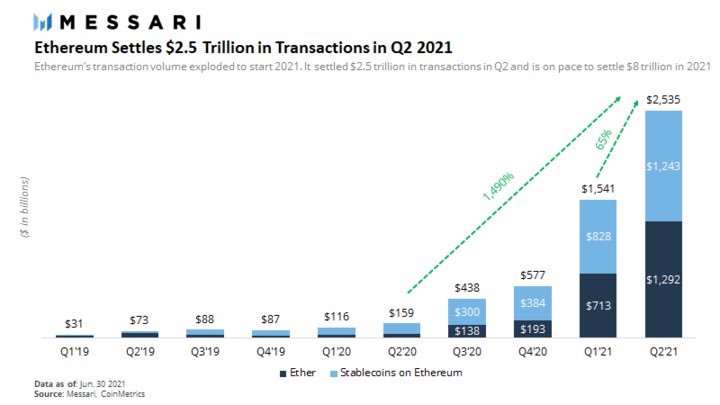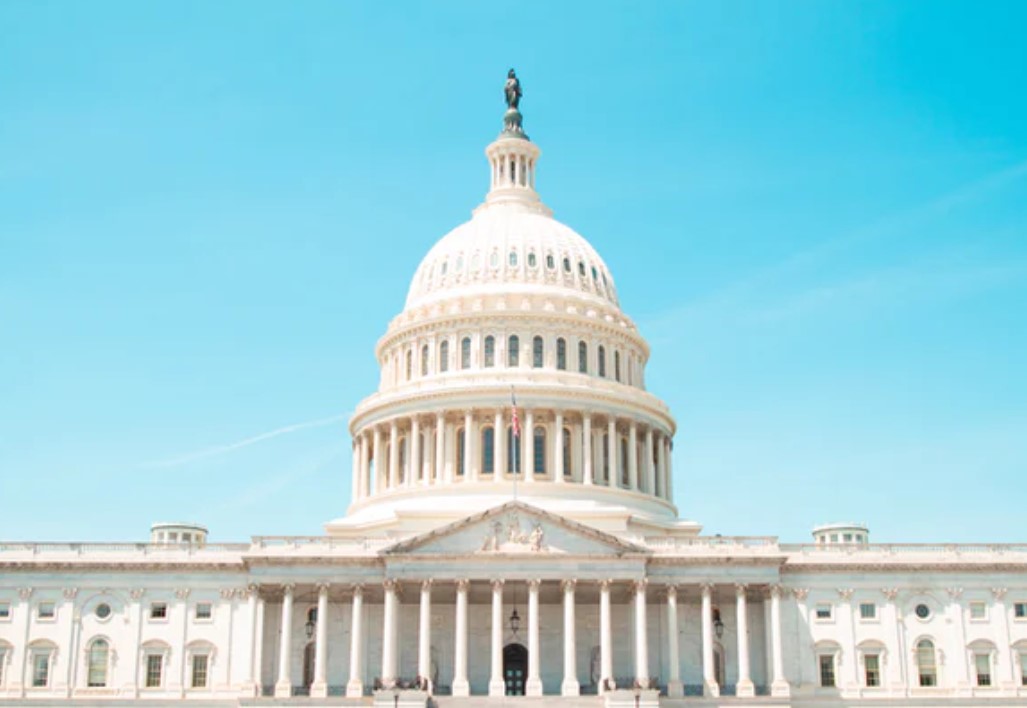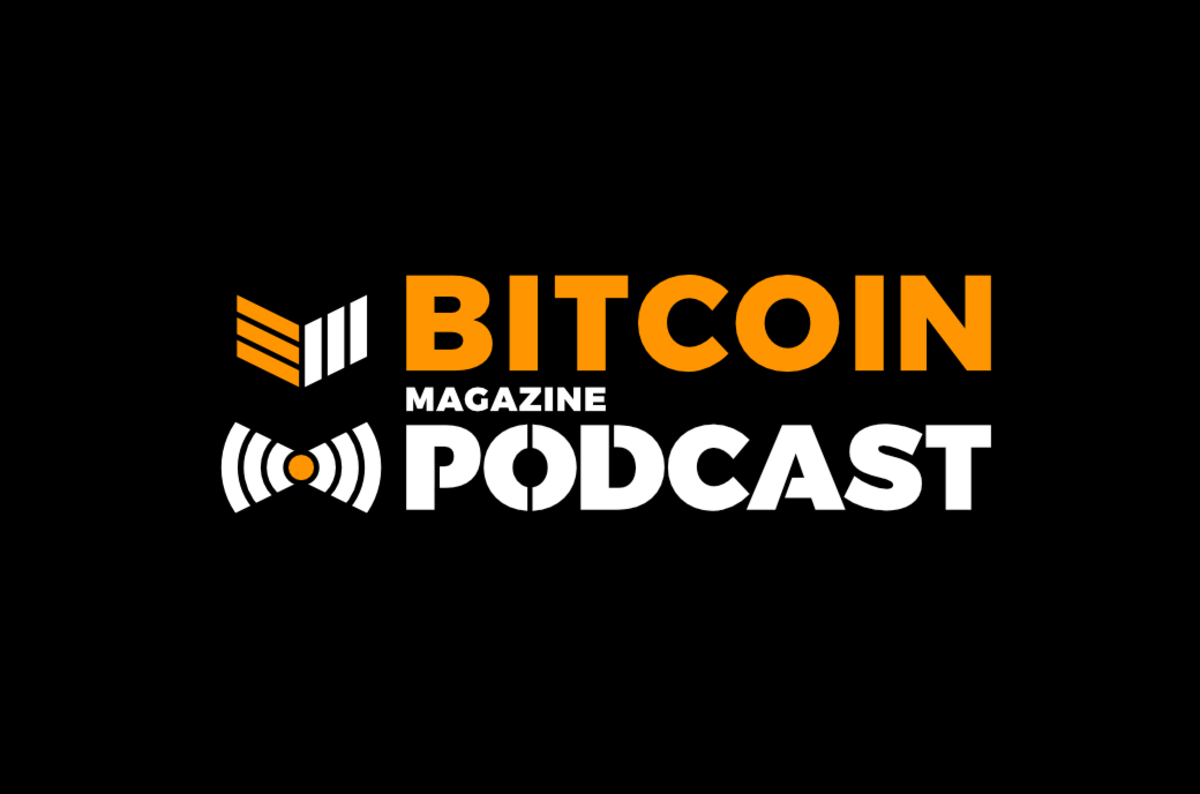In a congressional hearing held on July 15th in the House Financial Services Committee, the U.S. Federal Reserve Chairman Jerome Powell presented a bleak outlook for Bitcoin and cryptocurrencies. Powell questioned the need for BTC, ETH, and stablecoins if the U.S. launches its own digital dollar.
In 2020, the institution ruled out the need for a digital dollar due to the alleged high demand for cash in the U.S. Thus, Powell questioned the capacity for Bitcoin and other cryptocurrencies to become payment mechanisms.
However, Powell has acknowledged that stablecoins, such as Tether (USDT) and USD Coin (USDC), could have the potential to improve the U.S. payment infrastructure.
You wouldn’t need stablecoins, you wouldn’t need cryptocurrencies, if you had a digital US currency. I think that’s one of the stronger arguments in its favor.
The FED Chair has dismissed Bitcoin as a substitute for the U.S. dollar as the global reserve currency. Powell believes that the first cryptocurrency by market cap could be a replacement for gold.
The FED Chair was asked about the current state of the crypto market by Representative Stephen Lynch. The Congressman inquired about the implications of a U.S. digital dollar for investors, Powell replied with a call for a clear regulatory framework:
We have a tradition in this country where the public’s money is held in what is supposed to be a very safe asset. That doesn’t exist for stablecoins, and if they’re going to be a significant part of the payments universe…then we need an appropriate framework, which frankly we don’t have.
In the coming months, the U.S. Federal Reserve is set to publish a report on Bitcoin, cryptocurrencies, and digital assets. This event has caused some expectations in the crypto market, as many investors believe that U.S. regulators and policymakers could crackdown on the industry.
Powell In A Tough Spot When Asked About Bitcoin
In a different session of hearings with the Senate Banking Committee, held today, Powell said to be undecided on a U.S.-backed digital currency. If the institution does decide to issue a central bank digital currency (CBDC), Powell would ask the U.S. Congress for clearance.
(…) we would want very broad support in society and in Congress and ideally that would take the form of authorizing legislation as opposed to a very careful reading of ambiguous law.
Senator Cynthia Lummis from the state of Wyoming, a Bitcoin supporter, took the opportunity to address the FED Chair in his remarks on BTC and ETH as payment methods. Powell emphasized his point and clarified that people that use cryptocurrencies for this use case only seek “anonymity”.
Data from research firm Messari suggest that Powell failed to recognize that Bitcoin and Ethereum alone already settled trillions of dollars in transactions already. Bitcoin process an estimated $5 billion every day since Q1, 2021.

Researcher Ryan Watkins recorded a staggering $2.5 trillion settled on Ethereum in Q2, 2021. As the chart below shows, this represents a 65% increase quarter over quarter (QoQ) and a 1,490% increase year over year (YoY). By the end of this year, Ethereum could settle over $8 trillion.

At the time of writing, BTC trades at $31,704 with a 3.6% loss in the daily chart and a 6.5% loss in the 7-day chart. BTC must reclaim its daily open at around $32,500 or it risks more downside in the short term.











